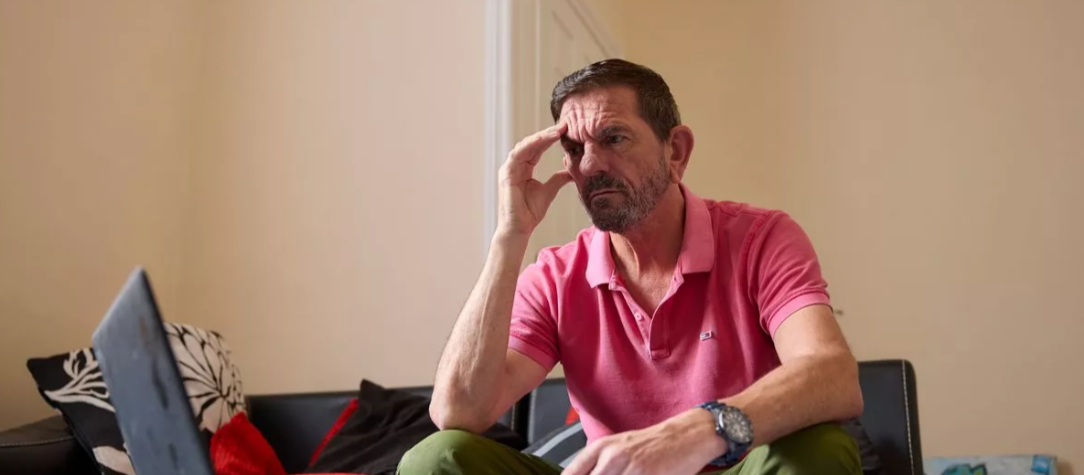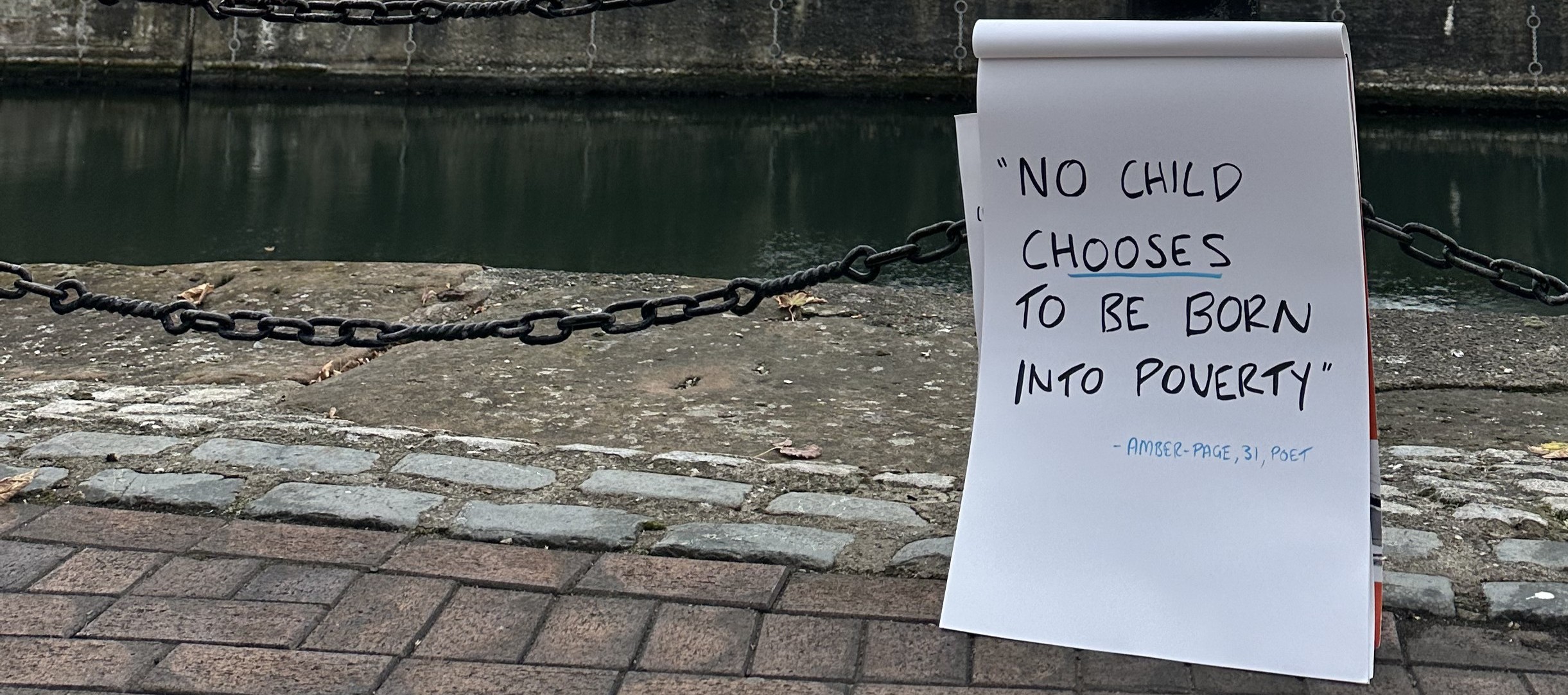By Miles Hession, Policy and Data Analyst at Policy in Practice
At least 7.5 million households across the UK are missing out on £24.1 billion in benefits this year. These households are missing out on vital support for food, rent and essential bills. As the cost of living continues to rise, these unclaimed benefits are critical for many families to prevent slipping further into poverty. Policy in Practice’s new Missing Out 2025 report outlines not only the scale of the problem, but the barriers preventing households from claiming, and what can be done to bridge this gap.
Our report highlights three main barriers to claim: awareness, complexity and stigma. Many people simply lack the awareness that this support exists, or wrongly assume that it isn’t available to them, especially if they are in work. If they are aware that support is out there, the processes in place to make a claim can be labyrinthian to navigate. Long forms, different application routes depending on the type of support, and fluctuating eligibility requirements leave many vulnerable households overwhelmed and dissuaded from accessing needed help. Even if they have the capacity to claim support, stigma around the benefits system and negative perceptions of those who receive benefits further discourages people from making applications.
The breadth of unclaimed support is huge. £11.1 billion in Universal Credit has gone unclaimed this year, while Broadband Social Tariffs have the most missed total claims with 7.5 million households missing out. This support, if accessed, could be life changing sums of money for the most financially vulnerable households in the UK.
Identifying the problem is only step one, our report goes on to highlight effective solutions to show bridging this gap is possible.
Rather than waiting for people to apply, councils can use proactive, data led-approaches to identify who is eligible for support and reach out to them directly. A targeted Pension Credit campaign that we ran in London, using our LIFT platform to identify eligible households, saw a 150% increase in claims among participating boroughs.
Practices like automatically enrolling eligible households onto certain benefits, like Free School Meals, helps to simplify the journey to claim and reduces the administrative burden on eligible families. One-stop application processes, like Policy in Practice’s Apply Once, also helps councils design a single-route application, allowing families to unlock different types of support. This type of solution reduces the need to re-tell their circumstances, making the experience of claiming less invasive for families and more efficient for councils and support organisations.
Other high-impact examples in our report show how this work can expand into different sectors to help simplify processes and proactively identify households eligible for support. A recent partnership between Policy in Practice, Thames Water and 17 London councils doubled enrolment onto their social social tariff scheme. This delivered £500,000 in annual support to over 2,500 customers instantly. No lengthy income assessment or application process, no outreach needed to encourage customers to apply, just identifying the households that needed support and getting it to them.
With proactive approaches and the right tools, closing the £24.1 billion gap is not only possible, but an imperative to provide a lifeline to some of the most vulnerable families across the UK. The success stories showcased in the report demonstrate that different types of organisations can use data to engage with people eligible for support – where there is support available, we can act to make it reach these families’ hands.
——————————————————————-
Want to hear about the latest poverty research, stories and events?
Stay on top of what you need to know. Sign up to our newsletter and join our powerful network of 3.9k+ professionals, volunteers and individuals actively engaged in tackling poverty across the UK.







